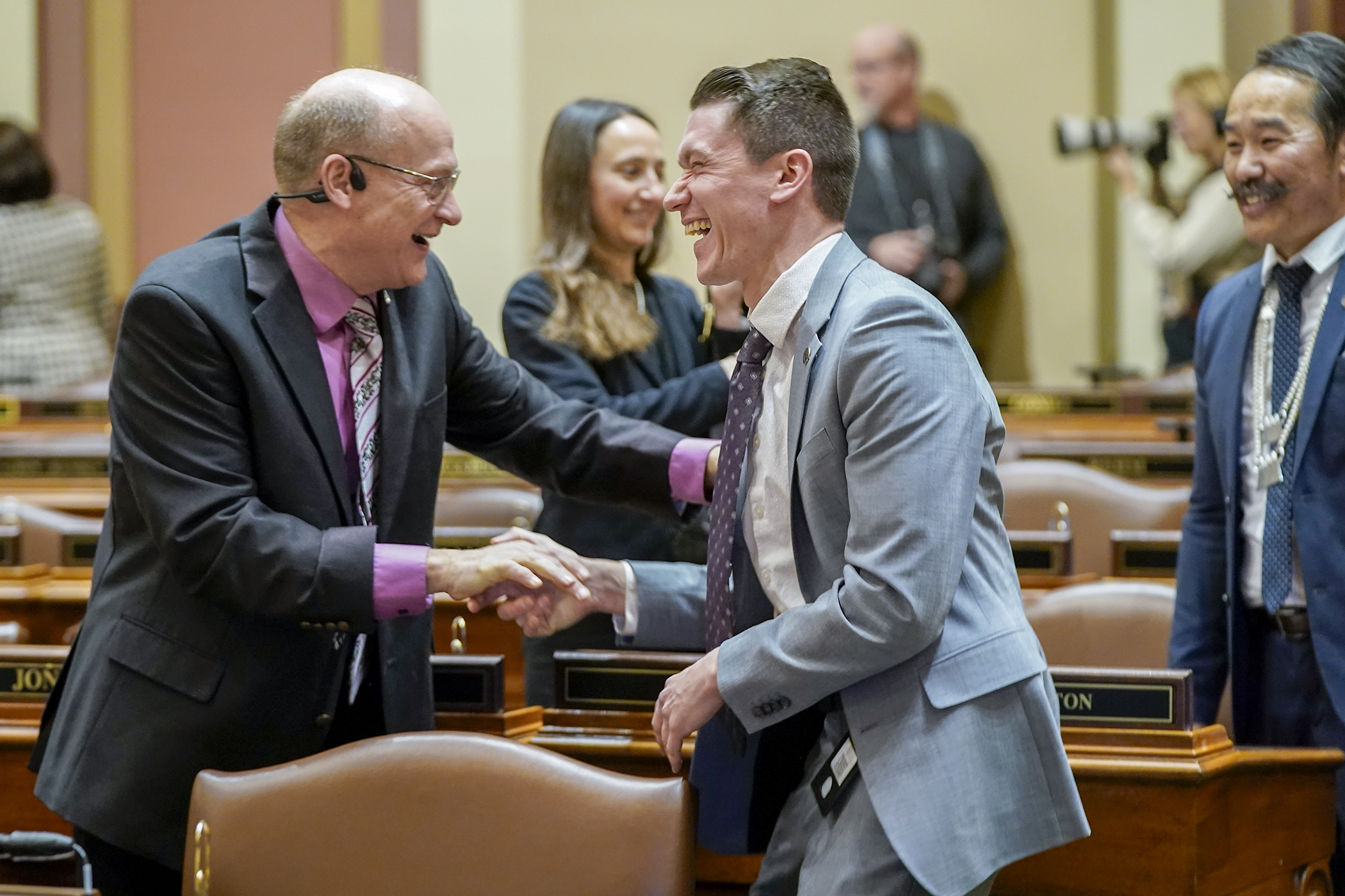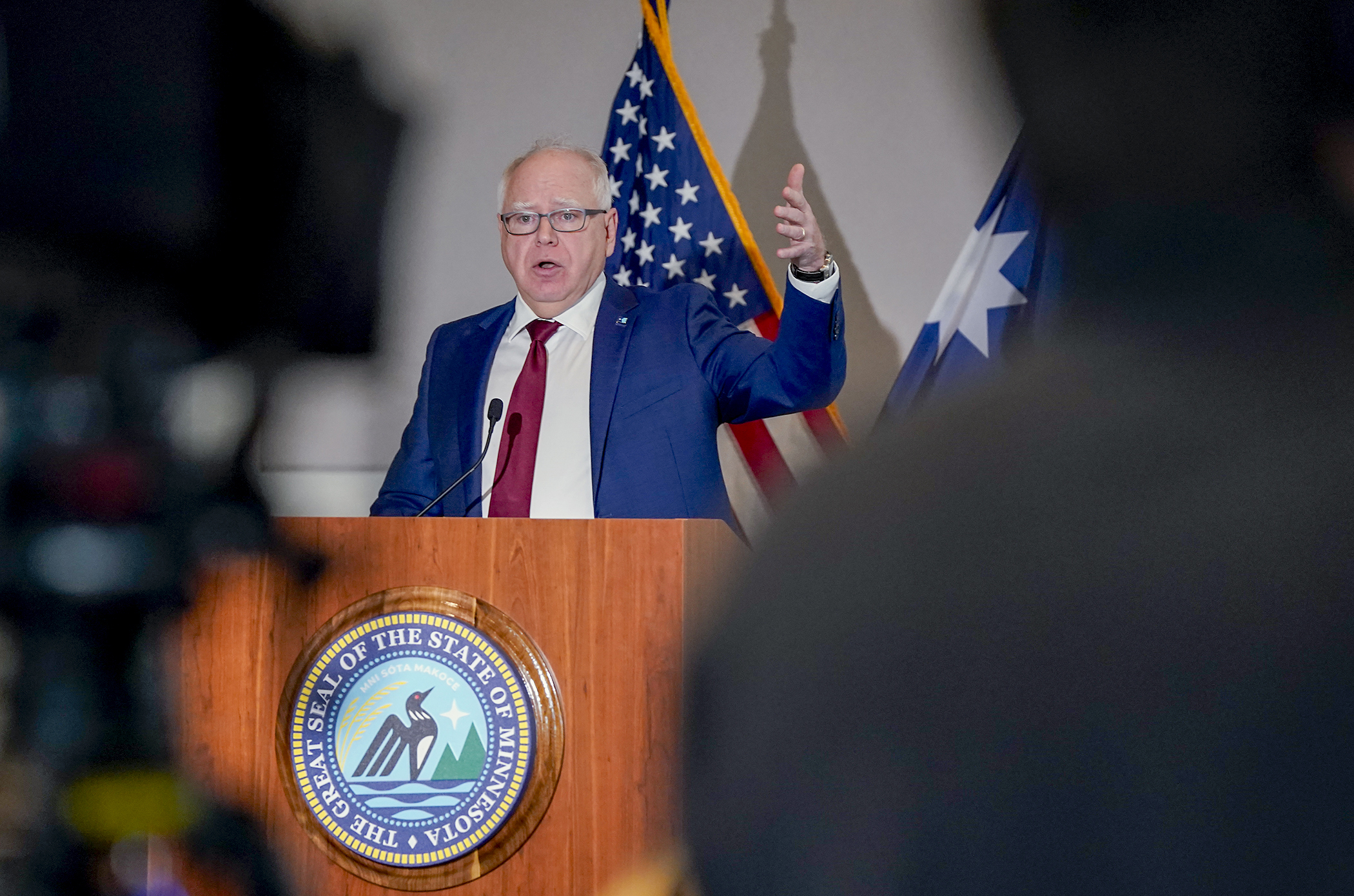Don’t blink — bill would rescind a 2-year-old eyelash extension licensing law
Beauty, it’s said, is in the eye of the beholder. Depending on which year’s Legislature you ask, a cosmetology-related regulation that looked good one day is now starting to create economic barriers.
Two years ago, the Legislature overwhelmingly passed a law intended to improve safety and cleanliness for eyelash extension technicians. The field was previously unregulated, and proponents said the new training and licensing requirements were a good compromise between small business expenses and government rulemaking authority.
A new proposal would eliminate those requirements, exempting eyelash extension technicians and managers from being licensed by the Board of Cosmetology. The House State Government Finance Committee didn’t bat an eye Thursday in laying HF3850 over for possible inclusion in an omnibus bill.
Rep. Peggy Flanagan (DFL-St. Louis Park), the bill’s sponsor, said the cosmetology board’s requirements are creating “astronomical costs” and “unnecessary regulatory barriers” to women of color.
“Unfortunately, the board has chosen a one-size-fits-all approach to salon licensing,” Flanagan said. “I believe it has over-zealously applied requirements for a full-service salon for eyelash technicians who are only providing one service.”
Current law requires eyelash extension technicians to go through 38 hours of training, pay licensing fees and abide by infection control standards – all requirements assigned to fully licensed salons. Other requirements, like salon spacing and the number of sinks, have become “excessive,” according to Institute of Justice legislative counsel Meagan Forbes.
The state has 175 licensed eyelash technicians, including 67 managers and 20 salons.
Gina Fast, the Board of Cosmetology’s executive director, sees it differently.
“Eyelash extensions are a high-risk cosmetic service. They take a significant amount of precision and time to apply, and are one of the more costly and time-consuming services the board regulates with a very high-maintenance schedule,” she said. “My concern is… the public deserves the same protections when receiving this service in a regulated salon that might offer more than one service versus just a facility that only offers eyelash extensions.”
The board, Fast said, went through a three-year process in its rulemaking decision, complete with town hall meetings and outside input. Fast said the bill is “a bit over-reactive.”
A companion, SF3663, sponsored by Sen. Mark Koran (R-North Branch), awaits action by the Senate State Government Finance and Policy and Elections Committee.
Related Articles
Search Session Daily
Advanced Search OptionsPriority Dailies
Full House convenes for first time in 2025, elects Demuth speaker
By Tim Walker DFL, Republicans convene with a quorum for the first time in 2025 session after agreeing to a power-sharing deal.
DFL, Republicans convene with a quorum for the first time in 2025 session after agreeing to a power-sharing deal.
Walz proposes slimmed-down 2026-27 state budget, sales tax changes
By Tim Walker This is an odd-numbered year, and so the Legislature is constitutionally required to craft a budget to fund the state government for the next two fiscal years.
Gov. Tim Walz...
This is an odd-numbered year, and so the Legislature is constitutionally required to craft a budget to fund the state government for the next two fiscal years.
Gov. Tim Walz...
